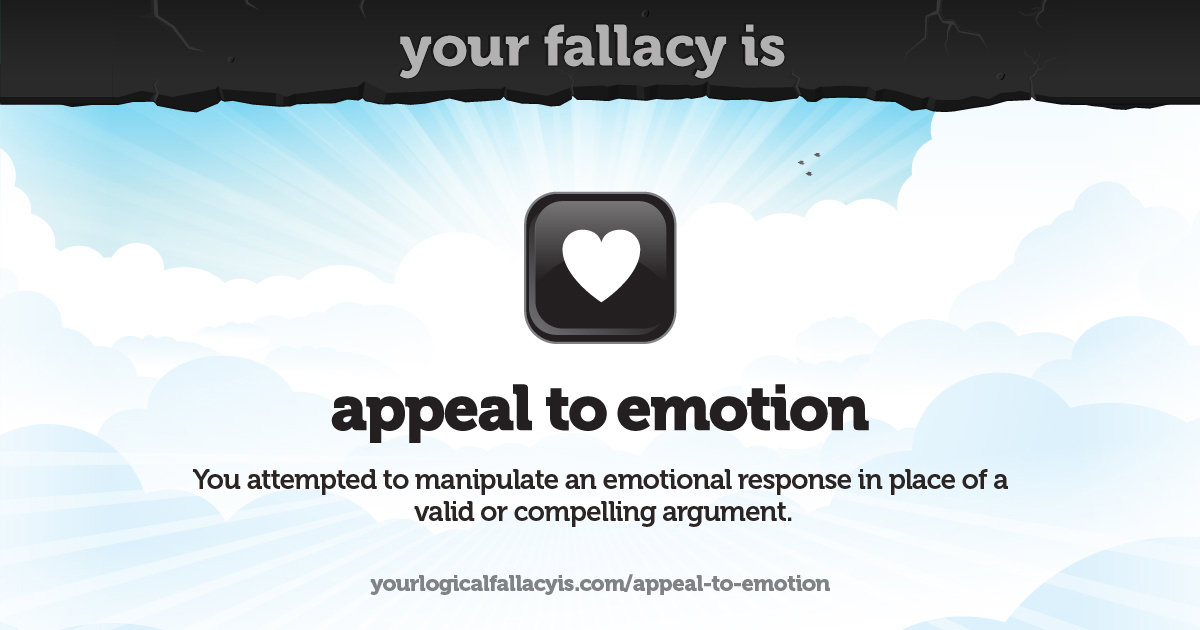- Joined
- Mar 3, 2018
- Messages
- 16,876
- Reaction score
- 7,397
- Location
- San Diego
- Gender
- Male
- Political Leaning
- Liberal
They're not free, somebody is paying for them.
This one quote sums up the entire idiotic situation regarding Obamacare. All the ACA does is rob Peter to pay for Paul's medical care. It does not solve the problem, which is the price of healthcare in the US.
Cue Greenbeard to inform me that thanks to the ACA, the price of healthcare is only rising at 5.478877% per year instead of 5.482544452% thus beating any and all estimates and proving once and for all what a resounding success Obamacare has turned out to be.
Yes, taxes rob peter to pay paul when you need a fire department to put out the fire in your house, should it happen, noting that the odds of your house burning are slim. How can that be true? It has to be true, or there would be no such thing as fire insurance. If everyone's house burned down in one'life time, fire insurance premium's would be more than your mortgage. But, you no problem with robbing peter to pay paul when it comes to fires, or cops catch burglars, etc.
Yes, that is the nature of taxation, everyone contributes to a common fund conceived to improve society, as a whole, a concept of which is inclusive of helping the disadvantaged, paying for police and fire departments, paying for national defense ( noting that our country has yet to be attack by any foreign nation since WWII ) etc etc .
See, the idiotic trick the right plays, when it comes to a social policy, which, by nature, is a collective effort, is to frame the argument at an emotional, personal level. For example, a right winger will say "so you want to take money from me to pay for some bum who doesn't want to work?".
Logical fallacy.

Your logical fallacy is appeal to emotion
You attempted to manipulate an emotional response in place of a valid or compelling argument.
yourlogicalfallacyis.com
This is why we don't want morons like Trump running the country.
The right argue: Taxation for medical services for the disadvantaged: == Socialism
Taxation for police, fire and military == not socialism
That's an inconsistency. Either all of it is socialism, or all of it is not. It depends on how you define socialism. Given that there are over 150 pages on wikipedia discussing what socialism is, we can see that it can be many things, depending on various factors, opinions, world views, philophies, etc.
But, in point of fact, NONE of it is totalitarian socialism. But ALL of it is democratic socialism, because the policy is enacted by legislators who are voted into office.
If you want to say it's not socialism. then you are defining socialism as 'state owning all the tools of production and distribution'.
But since FDR, republicans have been calling social programs to help the disadvantaged as 'socialism' in an effort to stigmatise it.
But, this has backfired, because the younger generation now has a higher opinion of socialism, --- it's 'social' it has a nice ring to it.
But, when democrats point to countries that use public programs to better society as a whole, leading them to be among the happiest
nations on earth, republican then will say "well, netherland countries are capitalist countries, they are not socialism.
What republicans need to do is get to get together and MAKE UP YOUR ****ING MINDS ON THE DEFINITION OF SOCIALISM.
